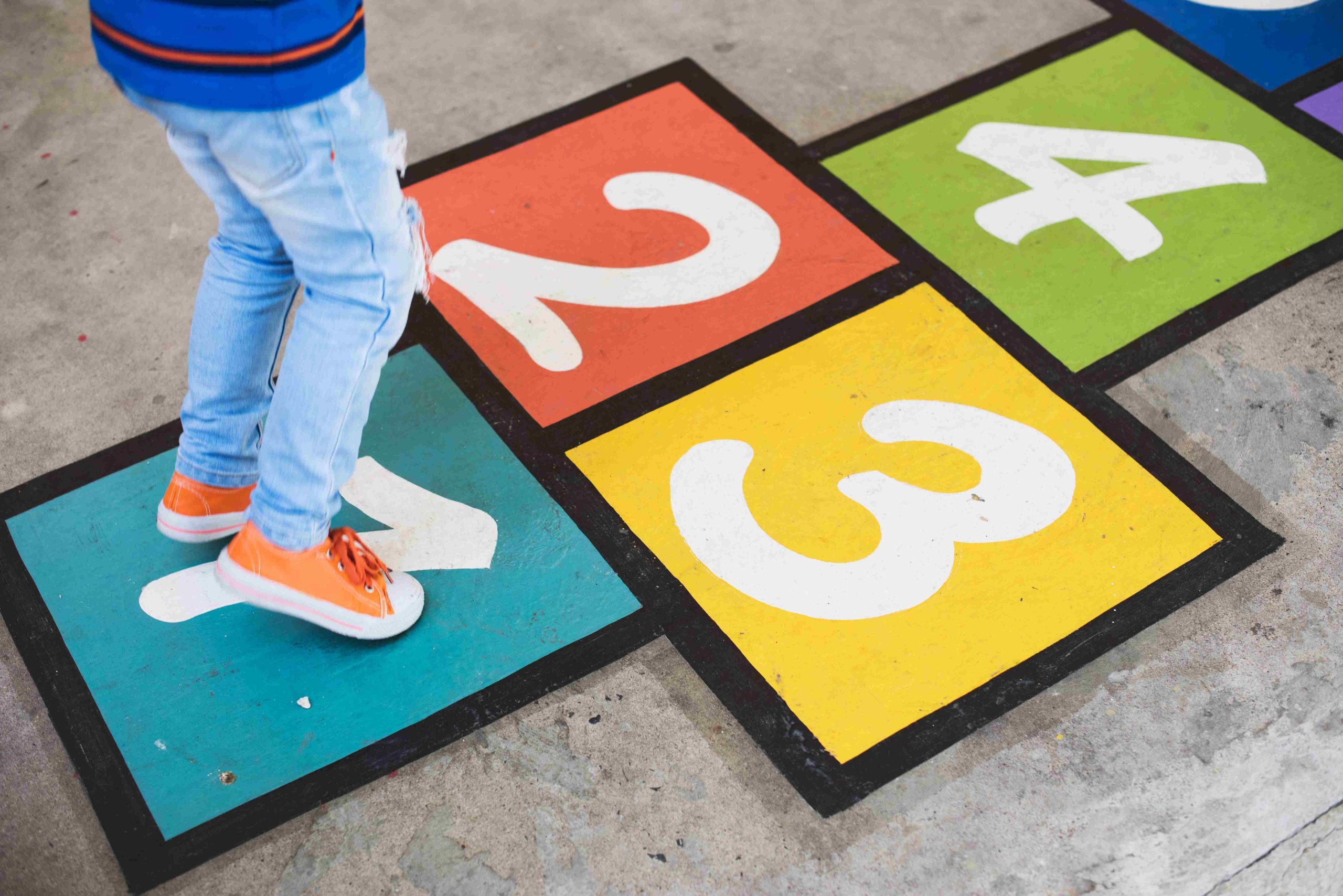
Engaging and Educational: The Power of Preschooler Counting Games
Counting is a fundamental mathematical skill that forms the basis for further mathematical understanding. For preschoolers, counting games provide a fun and interactive way to develop their counting abilities, number recognition, and mathematical reasoning. In this article, we explore the importance of counting games in preschooler education and highlight several engaging and educational counting games that can be incorporated into their learning journey.
The Significance of Counting Games for Preschoolers:
Counting games play a vital role in preschooler education by promoting the development of essential mathematical skills. Through counting games, preschoolers not only learn to count from one to ten and beyond but also develop a conceptual understanding of numbers, numerical order, and basic mathematical operations. These games provide opportunities for preschoolers to engage with numbers in a hands-on and enjoyable manner, fostering a positive attitude towards mathematics.
Benefits of Counting Games:
Counting games offer numerous benefits for preschoolers’ cognitive, social, and emotional development. Let’s explore some of the key advantages:
Engaging Counting Games for Preschoolers:
Maximizing Learning through Counting Games:
To maximize the learning potential of counting games, educators and caregivers can incorporate the following strategies:
Counting games are powerful tools for fostering preschoolers’ mathematical development. Through engaging and educational activities, preschoolers develop essential counting skills, number recognition, and mathematical reasoning abilities. By incorporating these games into their learning environment, educators and caregivers can create a strong foundation for future mathematical understanding. Let’s embrace the joy and excitement of counting games as we nurture the mathematical potential of preschoolers and instill in them a lifelong love for mathematics.
Unleashing Mathematical Potential: The Magic of Preschooler Counting Games
Preschoolers are natural explorers, constantly curious about the world around them. Counting games provide a magical gateway to unlock their mathematical potential while fostering a love for numbers and learning. In this article, we delve into the captivating realm of preschooler counting games, exploring their significance, benefits, and a variety of engaging activities that will captivate young minds.
The Significance of Counting Games for Preschoolers:
Counting games hold immense significance in preschooler education, serving as a foundation for their mathematical journey. Through these games, preschoolers not only learn to count but also develop essential mathematical skills and concepts. Counting games encourage them to engage with numbers, understand numerical relationships, and develop a solid understanding of fundamental mathematical principles.
Benefits of Counting Games:
Engaging in counting games brings a multitude of benefits to preschoolers, extending beyond numerical skills. Let’s explore some of the key advantages:
Engaging Counting Games for Preschoolers:
Maximizing Learning through Counting Games:
To maximize the learning potential of counting games, educators and caregivers can incorporate the following strategies:
Counting games are powerful tools for fostering preschoolers’ mathematical development. Through engaging and educational activities, preschoolers develop essential counting skills, number recognition, and mathematical reasoning abilities. By incorporating these games into their learning environment, educators and caregivers can create a strong foundation for future mathematical understanding. Let’s embrace the joy and excitement of counting games as we nurture the mathematical potential of preschoolers and instill in them a lifelong love for mathematics.


